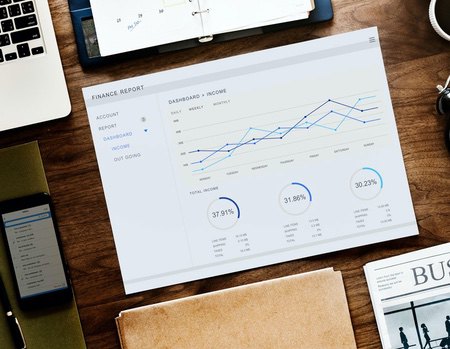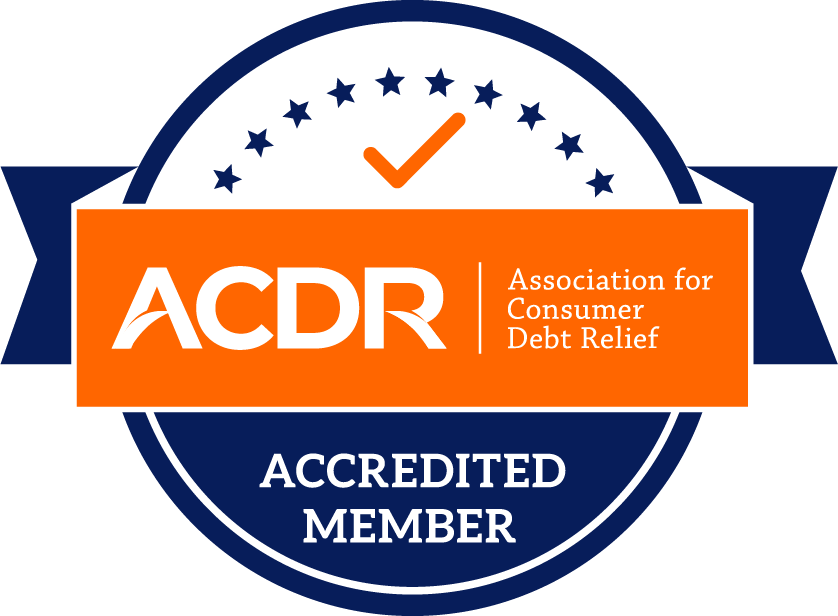Tag Archives: debt
-

6m read
Read moreWith debt being such an overwhelming subject to deal with, it can be easy to forget that it is a problem that impacts millions of people every year. Whether you are a relatively new borrower at only 18 years old or have maintained a well-seasoned financial history for decades, there is a constant stream of […]
-

5m read
Read moreThe millions who deal with debt every year tend to have the same general story — it started with only a couple purchases on a credit card or a single loan and, before they knew it, they owed hundreds of thousands of dollars to a list of businesses. One of the first things people usually […]
-

3m read
Read moreAmericans are carrying record-high amounts of credit card debt. Combine this with relatively stagnant wages and ever-increasing cost-of-living, and you have a recipe for chronic indebtedness. The average American family carries over $8000 in credit card debt and many are often on the brink of debt delinquency. If you’re struggling with credit card debt and […]
-

6m read
Read moreThere comes a point in just about every person’s life when they go to make a large purchase and realize that their credit cards simply will not work and their bank will not allow them to overdraft their account. This could happen for various reasons — maybe you recently lost a job and have not […]
-

5m read
Read moreYour Debt Settlement and Credit Score If you’re late on one to three payments or have used 80% of your available credit across your accounts and you’re searching for ways to alleviate debt, you may be considering taking advantage of a debt relief settlement. This will allow you and your debt relief company to negotiate […]
-

4m read
Read moreDebt is an undeniable part of adulthood. No matter how much money you make and what career path you are in, nobody can hide from it forever. It can come into your life through student loans, creep up with one too many credit cards, or you could just be down on your luck as a […]



